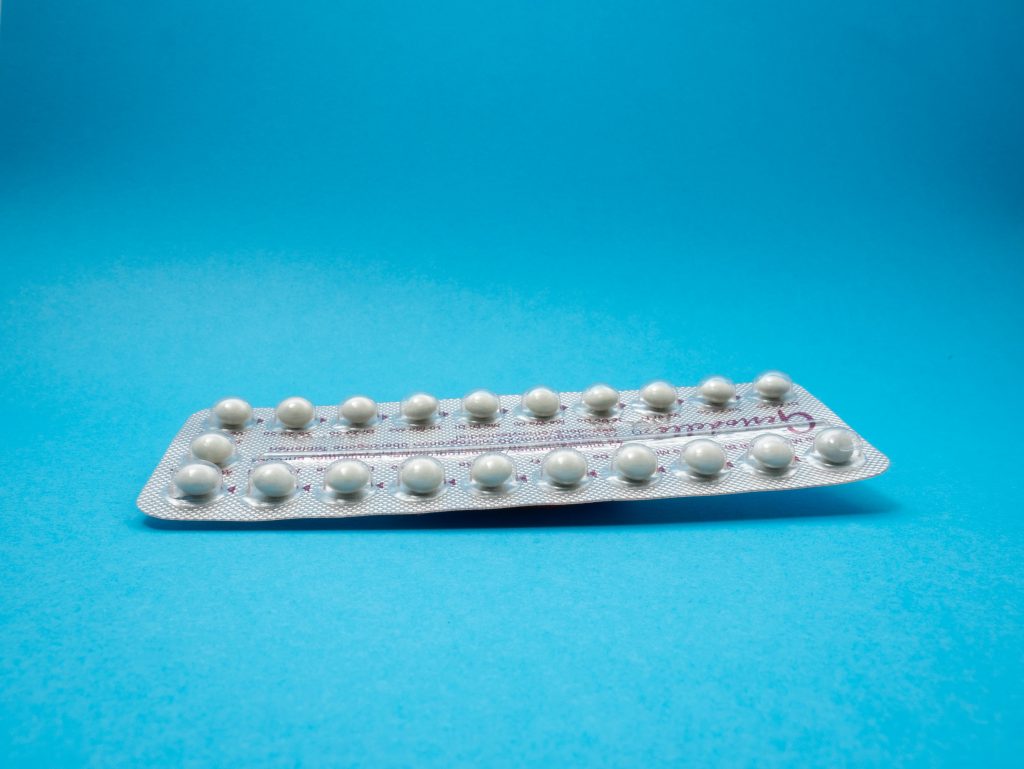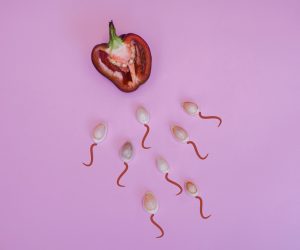Birth control is undoubtedly a victory for women empowerment but seems too often to be handed out like tic-tacs whenever hormonal issues arise, whether or not the goal is to avoid pregnancy (what it was actually designed for).
How contraceptive pill works
The contraceptive pill contains synthetic hormones that block ovulation and thicken your cervical mucus so that sperm have a reduced chance of meeting up with a fertilised egg. They also suppress your own hormones form being secreted hence stopping your own body’s cycle and synchronicity. Is it always a good idea? That depends on the situation but I really wish women were better informed of the “side effects” or consequences of taking the pill, especially long term.
7 Reasons to avoid the birth control pill
- The pill may make PMS worse rather than better with the exception of pills containing drosperinone, a synthetic progestin. Those however are also linked to greater risk of blood clots.
- It dramatically decreases your testosterone levels, which may lead to decreased libido, vaginal dryness, and painful intercourse. Studies show that free (or biologically available) testosterone levels drop on average by 61 percent in women taking the pill. The testosterone reduction is the reason the pill can reduce acne and excess hair (hirsutism), but if testosterone drops too low you can get other symptoms. In fact, roughly 25 percent of women taking the contraceptive pill experience decreased lubrication, vaginal dryness, and lack of arousal. In addition, many women don’t realise those problems are a side effect of the pill so they often don’t seek help. The other thing to keep in mind it that even after stopping the pill, things may not necessarily go back to normal. In fact, up to one year later, your hormone levels may still be out of whack (Panzer, C., et al. “Impact of oral contraceptives on sex hormone‐binding globulin and androgen levels: A retrospective study in women with sexual dysfunction.” The Journal of Sexual Medicine 3, no. 1 (2006): 104-113.).
- Taking the pill can lead to a decrease in certain nutrients in the body. The contraceptive pill has been shown to lower levels of several nutrients, including vitamins B1, B2, B5, B6, B9 (folate), B12, vitamins C and E, copper, magnesium, selenium, and zinc. This means that you may need to replenish these micronutrients to keep your neuroendocrine system and body working well.
- The pill is linked to a greater risk of clotting (deep vein thrombosis and pulmonary embolus) of up to threefold (greater if drosperinone used).
- The contraceptive pill can lower your thyroid hormones. It does so by increasing thyroglobulin, a protein that binds thyroid hormone.
- Delayed conception. A number of women stopping the pill in order to conceive may find that the return to normal ovulation does not happen or at the very least is delayed. It is worth noting that other forms of contraception such as the copper IUD, have no delay in fertility.
- May cause weight gain, bloating, and fluid retention.
If you choose to stay on the pill
For some women, non-hormonal forms of contraception like the copper intrauterine device (IUD), cervical caps, diaphragms, and condoms are not always possible, affordable, or appropriately effective. For those the pill is the easiest or most convenient choice. It is then important to add in foods rich in the vitamins and minerals that tend to decrease when on the pill, and consider taking a vitamin B complex as well.
Help coming off the pill
If you are concerned about mentrual symptoms (PMS, period pain, headaches, heavy bleeding) as you come off the pill, or an irregular cycle, acupuncture Chinese medicine can be a great help to rebalance your hormones. By far the kindest method to your body is the barrier method, or at least non hormonal contraception. If your cycle is regular you could also consider charting as it also provides the opportunity to understand and pay attention to each phase of the month, which may prove invaluable if you are planning on getting pregnant in the future.




